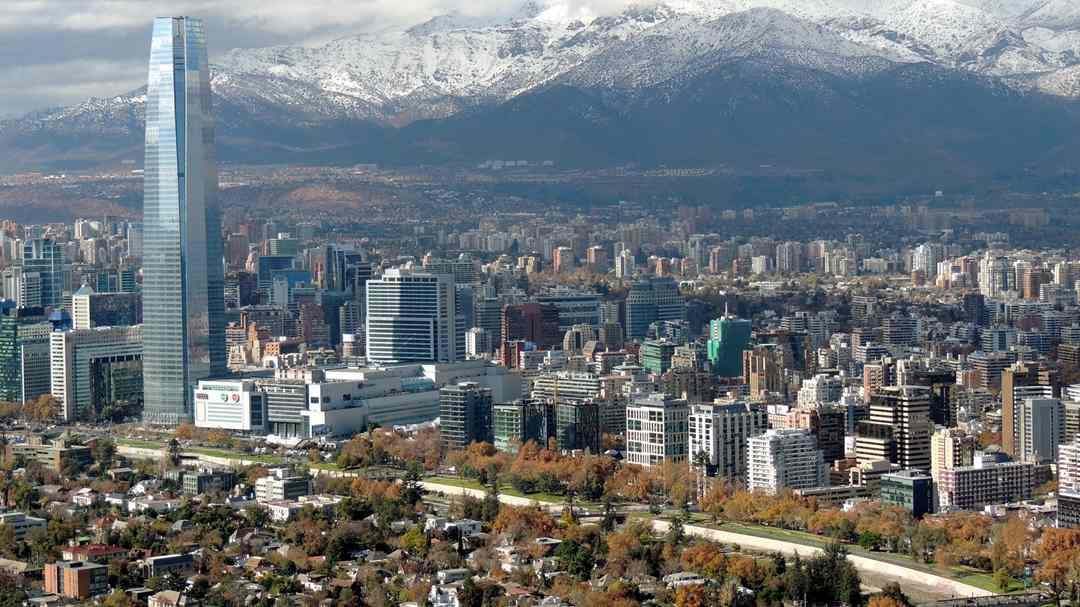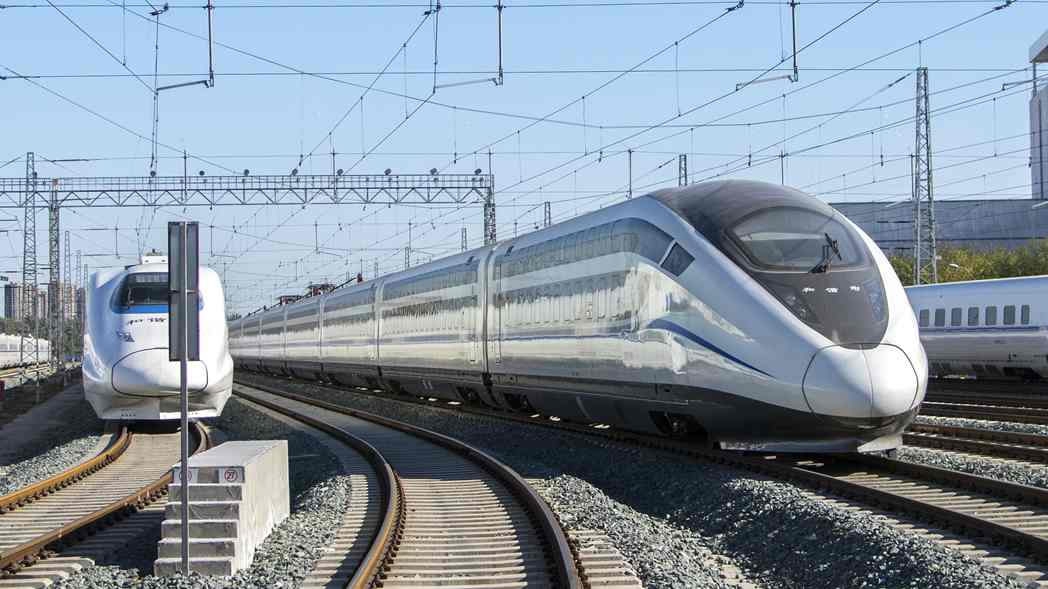
Business
15:14, 20-Jan-2018
Chile eyes broader project cooperation with China
By Joe Richards

Copper, fruit, vegetables and wine -- those are just some of the Chilean products that cross the Pacific Ocean to China, which is now the destination for more than a quarter of this South American country’s exports, after more than 10 years since Chile and China signed a free trade agreement.
But now Chile is looking at broader cooperation with China - infrastructure projects.
This weekend, the second Ministerial Meeting of the Community of Latin American and Caribbean States (CELAC)-China forum, which is the stage for talks on medium-term cooperation between China and CELAC countries, will be held in Chilean capital Santiago. The first meeting was held in Beijing in 2015.
China’s Foreign Minister Wang Yi will attend the meeting, with the focus on how this region can fit in China’s Belt and Road Initiative.
As the first country in South America to establish diplomatic ties with China in 1970, Chile is expecting more talks in the trade area from the meeting.
“What we really need are sub-regional projects,” said Jorge Heine, Chile’s former ambassador to China.
Local media in Chile this week reported the possibility of a Chinese-Chilean consortium building a high-speed railway from Santiago to the port at Valparaiso. “I used to ride the bullet train from Beijing to Shanghai,” Heine says. “It was an extraordinary experience.”

China's home-made high-speed train/VCG Photo
China's home-made high-speed train/VCG Photo
But Heine stresses he is looking at much broader cooperation, in infrastructure, energy, and many other areas.
Many analysts agree that what China can offer Latin America is capital and expertise for major infrastructure projects that the region’s economies need. The tunnel linking Brazil and Chile under the Andes mountain ranges is just one in point.
In turn, these projects would allow easier and cheaper access of local agricultural products - beef, soy, etc. – to the growing Chinese market.
But reaching regional agreements to move forward on these projects is part of the challenge.
19088km

SITEMAP
Copyright © 2018 CGTN. Beijing ICP prepared NO.16065310-3
Copyright © 2018 CGTN. Beijing ICP prepared NO.16065310-3